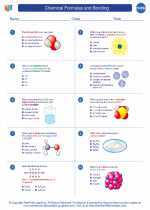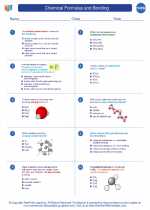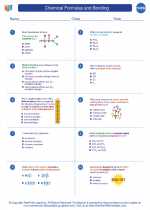What is Electrical Engineering?
Electrical engineering is a branch of engineering that deals with the study and application of electricity, electronics, and electromagnetism. Electrical engineers design, develop, test, and supervise the manufacturing of electrical equipment, such as electric motors, radar and navigation systems, communications systems, power generation equipment, and more.
Key Concepts in Electrical Engineering
- Circuit Analysis: Understanding how electrical circuits work and how to analyze their behavior using techniques such as Kirchhoff's laws and Ohm's law.
- Electronics: Study of electronic components, devices, and systems, including diodes, transistors, and integrated circuits.
- Electromagnetism: Understanding the behavior of electric and magnetic fields, and their interactions with each other.
- Power Systems: Design and analysis of electrical power generation, transmission, and distribution systems.
- Control Systems: Study of systems that regulate and control the behavior of other systems, such as in robotics and automation.
Skills Needed for Electrical Engineering
- Mathematical Proficiency: Strong grasp of calculus, differential equations, and linear algebra.
- Problem-Solving Ability: Ability to analyze and solve complex electrical and electronic problems.
- Computer Skills: Proficiency in using software tools for simulation, modeling, and design.
- Communication Skills: Ability to communicate effectively with team members, clients, and stakeholders.
- Attention to Detail: Precision and accuracy in designing and testing electrical systems.
Career Paths in Electrical Engineering
Electrical engineers can pursue careers in various industries, including:
- Power generation and distribution
- Telecommunications
- Electronics and semiconductor manufacturing
- Automotive and aerospace industries
- Renewable energy
- Research and academia
Study Tips for Electrical Engineering Students
- Understand the Basics: Build a strong foundation in fundamental concepts such as Ohm's law, Kirchhoff's laws, and circuit analysis.
- Hands-On Experience: Take advantage of laboratory sessions to gain practical experience with electrical circuits and devices.
- Practice Problem-Solving: Solve a variety of problems to develop your analytical and problem-solving skills.
- Stay Updated: Keep abreast of the latest developments in electrical engineering through technical journals and industry publications.
- Seek Mentorship: Connect with faculty members or industry professionals for guidance and mentorship.
◂Chemistry Worksheets and Study Guides High School. Chemical Formulas and Bonding
Worksheet/Answer key Chemical Formulas and Bonding
Chemical Formulas and Bonding  Worksheet/Answer key
Worksheet/Answer key Chemical Formulas and Bonding
Chemical Formulas and Bonding  Worksheet/Answer key
Worksheet/Answer key Chemical Formulas and Bonding
Chemical Formulas and Bonding 

 Worksheet/Answer key
Worksheet/Answer key
 Worksheet/Answer key
Worksheet/Answer key

The resources above cover the following skills:
PHYSICAL SCIENCE (NGSS)
Matter and Its Interactions
Students who demonstrate understanding can:
Plan and conduct an investigation to gather evidence to compare the structure of substances at the bulk scale to infer the strength of electrical forces between particles.